I was about 3 or 4 years old when my father bought me a VCD (packaged in that classic plastic, square-shaped case) that contained two episodes of the Spider-Man TV show which ran from 1994 to 1998. I don’t remember which episodes they were, but that was how my foray into the macrocosm that was the Marvel Comics Enterprise had begun. I liked other superheroes fine, but it was Spider-Man whom I considered a true inspiration. I used to dress up and run about the house as the web-slinger, and I’d attempt to watch any and all forms of visual representations of the character, from the infamous ’60s cartoon all the way to the Sam Raimi-directed feature films.
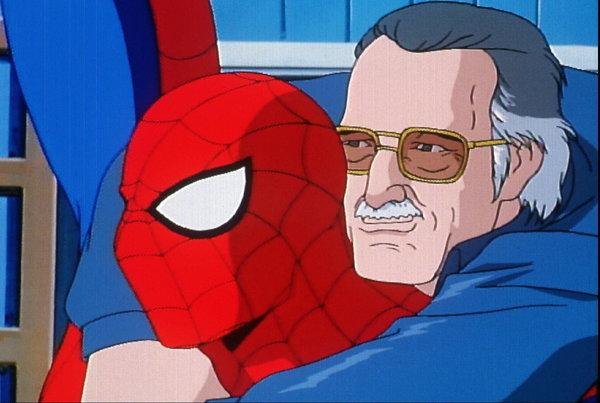
I was introduced to comic books a little later, when I was around 10 years old. In the gulf countries where I’d been residing at the time, comics were not an easy grab. I happened to chance upon a Spider-Man annual comic collection somewhere, and being the fan that I was, pestered by parents to get it for me. The language of the a comic, I soon found out, was a lot easier to understand than every other literal embodiment I had read of the wall-crawler, and I could feel the excitement of the action and the intensity of the situation with the expressions the artists had drawn in. It was an experience unlike anything else.
There used to be this special feature included in the DVDs of the Spider-Man TV show from the ’90s that was titled ‘Stan’s Soapbox’. It was basically a series of live interviews that Stan Lee, the co-creator of several superheroes like Spider-Man, Iron Man, etc., had done exclusively for the TV show. As far back as my admittedly not-so-great memory can take me, I was first introduced to the man this way. There he’d sit, in his trademark get-up that included a dark pair of eyeglasses and a thin woolen sweater. I remember there was one soapbox where he detailed how he created Spider-Man, retelling the famous story of seeing a spider on the wall and being inspired to draw its unique capabilities out to human proportions.
Stan Lee is best remembered today for his minute-long cameos in the films of the Marvel Cinematic Universe. That was a genius decision on his part, as these special appearances helped him to stay relevant all the way up to his death on the 12th of November, aged 95. He was the writer, art director, and editor-in-chief of Marvel Comics from the ’60s to the ’70s, and according to numerous reports, had perhaps the most important role to play in making comic books as well as his publishing company what they are today. During the final years of his life, I was obsessed with the man, as I couldn’t really ground the energy he’d carried with him well into his early 90s, and there was something special in the way he talked that I found charming. Though it did cross my mind several times that he would one day have to pass, I was not under the impression that it would happen any time soon.
I figured I’d write this article up as an attempt to conduct a little investigation on why the entire world mourned the death of the legendary writer, because his time at the comic book business is undeniably shrouded in mystery. Perhaps, this could be the best tribute I could do in his name as an artist. Though people have crowned him the sole genius behind the creation of some of Marvel’s greatest superheroes and most captivating storylines, there are supposed historical evidences that prove Stan Lee was either only a co-creator, or never even had a hand in any of the hard work at all. How did he become what he is today, if this was the case? How did he end up becoming the face of the enterprise?
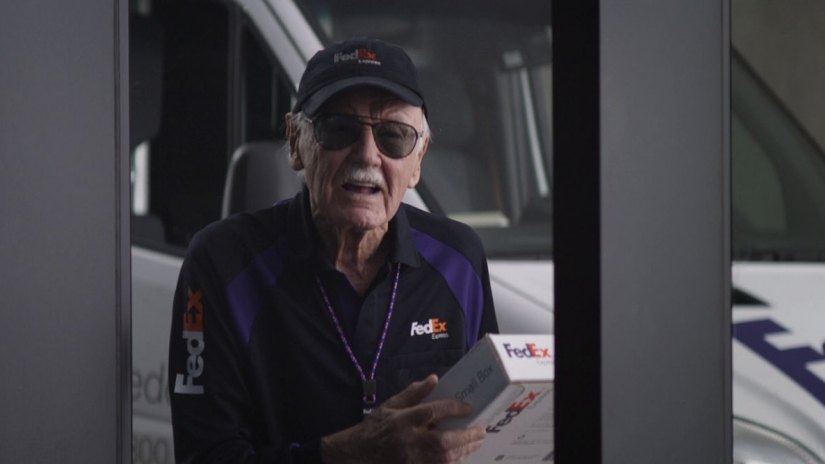
Bill Maher was heavily criticised for his ‘Adulting’ article recently, wherein he wrote: “The guy who created Spider-Man and the Hulk has died, and America is in mourning. Deep, deep mourning for a man who inspired millions to, I don’t know, watch a movie, I guess. I don’t think it’s a huge stretch to suggest that Donald Trump could only get elected in a country that thinks comic books are important.” I do not wish to criticize Maher’s statement with anything more than a simple disagreement, but I find it interesting that several people like him think so less of the comic book industry. I personally think comic books (or graphic novels as the more intellectual readers would describe them) constitute a very important art form, and perhaps one of the reasons I think this way is because of what Lee had to say about them. (I will get into this later)
Most people in my generation haven’t fallen in love with Stan Lee for the superhero stories he wrote when he was in the prime of his career. Stan Lee’s genius lay in the fact that he was more than a writer, more than an art director, and more than an editor-in-chief. Stan Lee was a learned businessman who felt he knew the people he was addressing better than they knew themselves, and he excelled in selling not only his company (of which he was, funnily enough, never an owner), but also himself. I mean of course, we’re all indebted to him for creating the characters he did, but that isn’t the only or even the main reason why people love him.
Stan Lee, apart from being a smart businessperson, was also an excellent storyteller, something he used to connect the former quality of his to combine forces that luckily for him, led to success. The way he talked about comic books, you’d think they were the greatest art form in existence. One way he got about this was by becoming a responsive figure for the people who listened to him (the editor’s column ‘Stan’s Soapbox’, which inspired the title of the DVD special feature, comes to mind). This one quote of his that was frequently publicized by fans following his demise sees him indirectly selling off the entertainment value of a comic book with an application of personal emotions as well as level-headed addressing:
“I used to be embarrassed because I was just a comic book writer, while other people were building bridges or going on to medical careers. And then I began to realize: entertainment is one of the most important things in people’s lives. Without it they might go off the deep end. I feel that if you’re able to entertain people, you’re doing a good thing.”
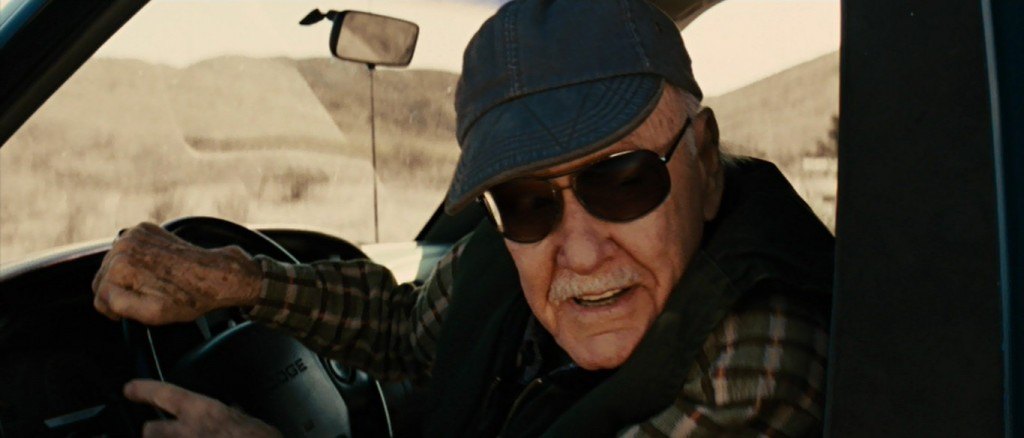
Now, I’m not saying he couldn’t have meant what he said, because he was clearly a passionate artist, but the way he’s said it gives comic books a boost as an entertaining art form. His words have always been zealous in nature, and many a times he has made connections between the essence of doing things and the supernatural: “When I was a kid, I couldn’t afford to buy the books I wanted, but three blocks away there was a library, and man, to me it was a magic place.” Words like that would fill any kid’s mind with wonder!
Of course, I’m not overlooking the possibility that my examination of his words contains some unnecessary analysis, but even if his wordings weren’t a highly conscious activity on his part, conducted to lure readers in, they were ultimately effective. To say he didn’t choose his words carefully would also be wrong, as he brought into popular use phrases like “face front, true believers”, “with great power comes great responsibility”, and of course, “excelsior!” (the exclamation mark at the end being a necessity there)
The persona he gave himself made Lee a relatable, affectionate, lovable man worthy of respect, and the fact that his name remained a trending topic in conversations for the major part of his life could have only led to a growth in his number of fans, as well as the number of people who’d credit their source of influence to him. Though Stan Lee was a creative artist, that isn’t why people say they love him. It’s what he said, how he’d said it, and what he’d chosen to show people to be his personality.
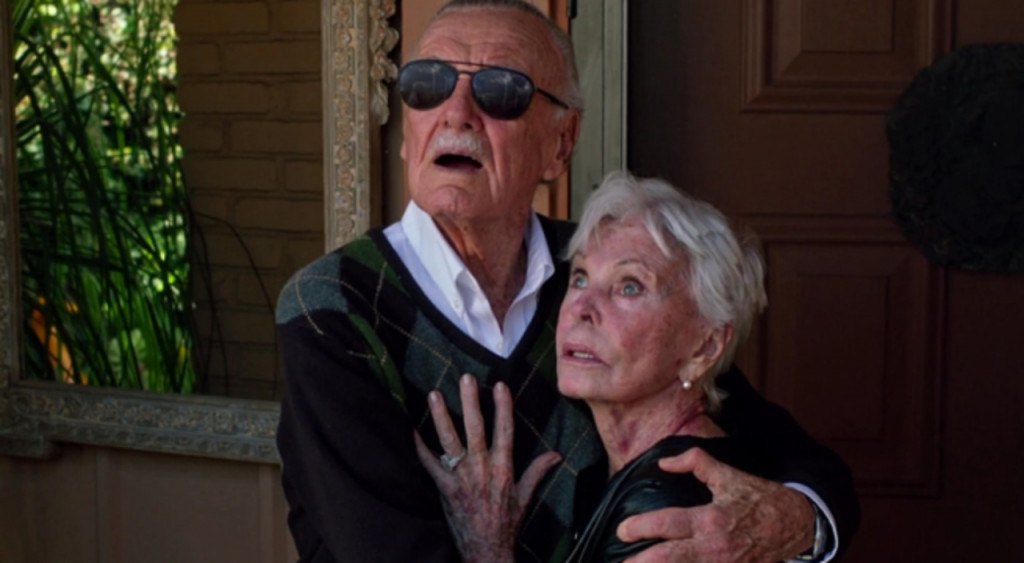
Stan Lee is a brand, something I say with the utmost respect to the man whom I adore and find an inspiration, but it’s true. Only someone as clever as him could make a brand out of himself, and I honestly feel this is why the majority of people miss him so. When I think of people who have become brands themselves, without the person respecting them ever being subject to their work (I am not suggesting that fans of Stan Lee haven’t read his books, but I am suggesting that a good number of them haven’t), I can’t recall many striking names.
One person similar to Lee in this regard is Colonel Sanders, the face of Kentucky Fried Chicken, whose name people connect with tasty, unadulterated, healthy food made from the freshest of ingredients. His face becomes a mark of quality, but that isn’t something the colonel developed in the course of making chicken – he worked hard towards attaining that respect, appearing in a slew of commercials, personally taste-testing the food sold in his outlets, and maintaining the persona of a joyful, pleasant old man. Nowadays, even when people criticize the quality of food they eat from a KFC outlet, I have heard more than a few of them say that this isn’t how the colonel would’ve wanted it. Heck, I’ve even said it myself! Another interesting example in the same regard is Walt Disney.
A brand lives in the minds of its consumers, and has no value outside of their individual perceptions of it. Like any other business, a brand can only be successful if effort is put into building it. Coming back to Lee, I’d like to focus on this one video I saw of his in a series wherein he described his own life in its entirety, from humble beginnings in poverty to coming up as the creative genius he is known as today. The entire playlist of this interview is available on YouTube, and every single one of these videos is interesting, primarily because Stan Lee knew how to keep his audience in their seats.
Listen to the way he speaks, his expression, his authority, his excitement to want to relate his stories, and his nonchalance. To take into consideration again here is Lee’s distinctive voice that is rather grim in places, yet channeled into a pleasant brightness with his tone. No one can talk like Stan Lee, and it helped that not a lot of people looked like him either. How many times have you seen Lee without those eyeglasses on? There’s an interview of his with Larry King wherein he briefly takes the glasses off, and he becomes completely unrecognizable. (in order to maintain the image of Lee that you have etched onto your mind, I will not include a picture here of Lee without his glasses on, in case you haven’t seen him that way)
His interviews are also of interest. Though he blames this on his poor memory, in a lot of the interviews that he’d conducted in the second half of his long life, a noticeable number of the answers to questions asked to him have been the same, word for word. Sometimes, he’d even direct a question a different way to fit in with a previously rehearsed answer. One specific response of his that I’ve found odd going through the number of interviews I have of his is in reply to how/why he has worked this hard for this long. He would initially reply with “greed”, give off a laugh, and then continue with a more genuine-sounding answer. He’s repeated this a good couple of times to make replies like this one stand out. I suppose these answers have also helped him in staying within the character of himself that he’d dedicated his life towards building.
This character I refer to, or this version of Lee is one he carried around with him throughout his life, giving off an image that made it look as though he lived for the everyman. He even took advantage of the fact that he was old during the final years of his life. I guess the point I’m trying to make with all this is that Stan Lee isn’t someone to be dismissed as a mere comic book writer, in case you do not consider comic books to be a major art form like Maher, according to his own words.
Stan Lee gave importance to comic books so much that people began to take them seriously, and then he gave importance to himself. Without him, we wouldn’t have today the cinematic monster that is the MCU, as well as those characters and those stories (because people wouldn’t care about the comic industry like they do now), and, most importantly, we wouldn’t have that persona of a man.
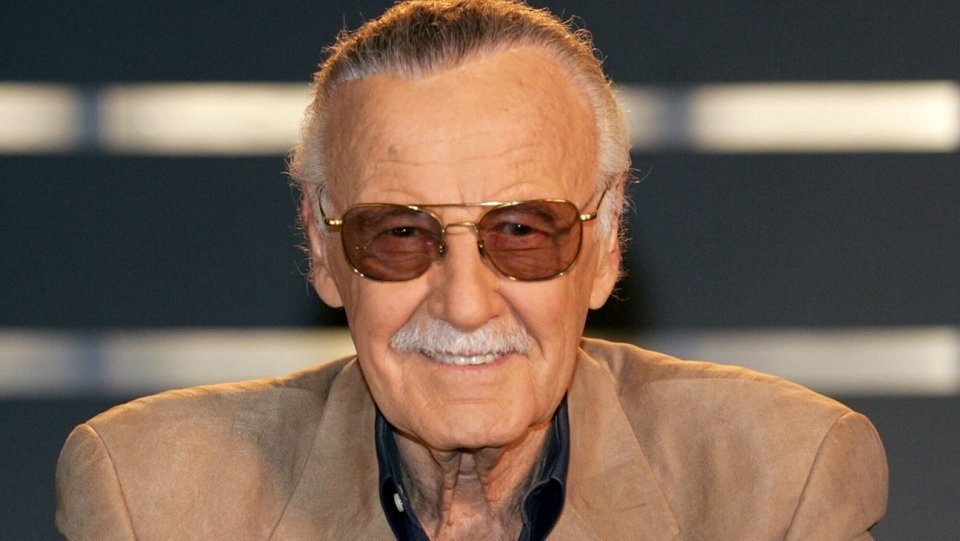
Rest in peace, Stan Lee. You will always be remembered.
Read More: Upcoming Stan Lee Cameos

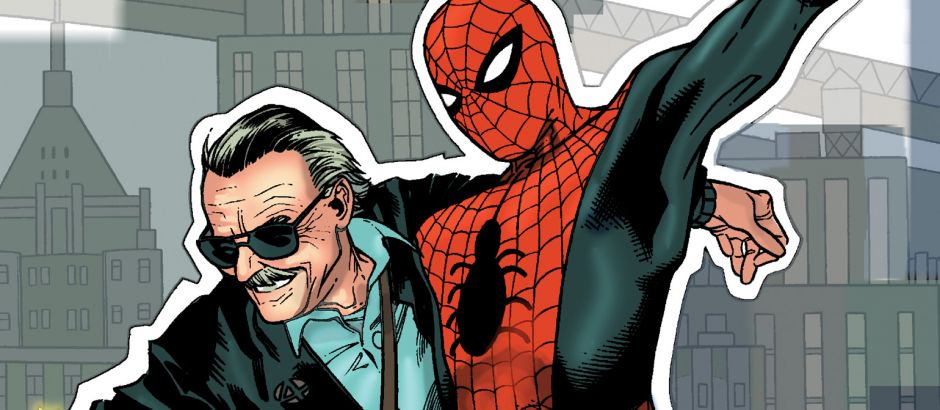
You must be logged in to post a comment.